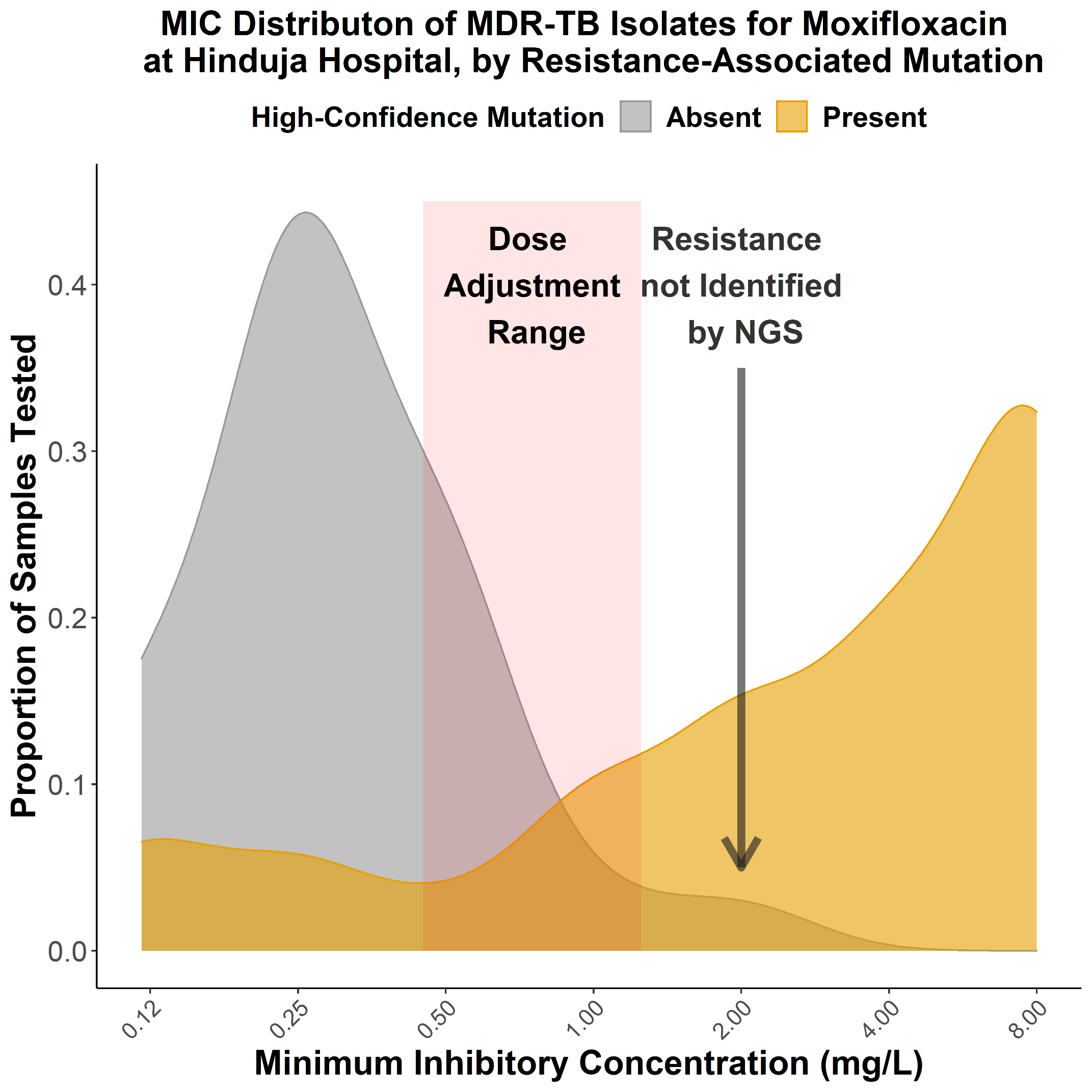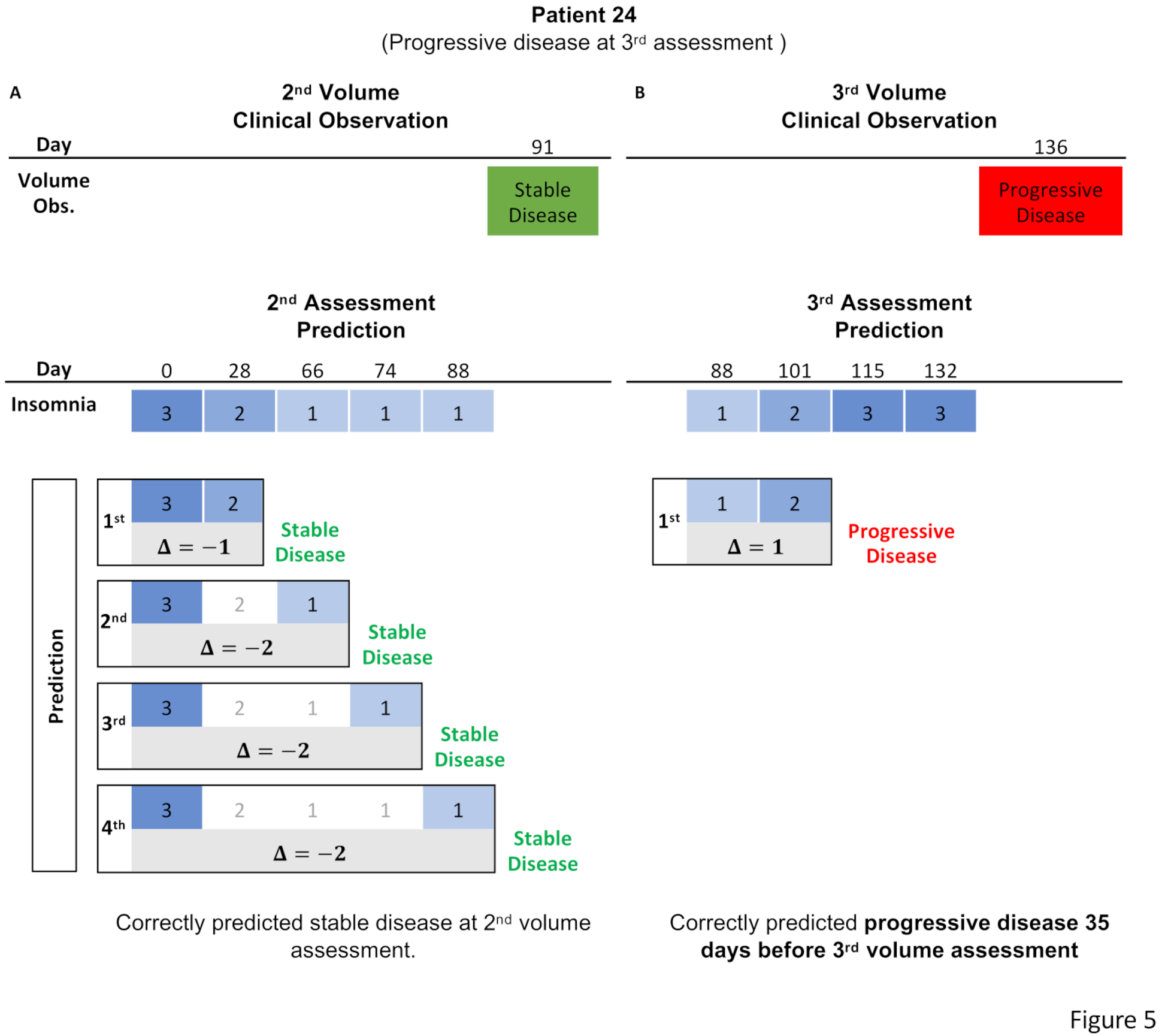Bio
“Leveraging Patient-Reported Outcome Dynamics to Predict Treatment Response”

Dr. Renee Brady completed her postdoctoral training in the Integrated Mathematical Oncology Department of the Houston Lee Moffitt Cancer Center & Research Institute after earning her Bachelor of Science in Mathematics from Florida A&M University and her Masters and PhD from North Carolina State University. Her research focuses on developing novel, predictive models of non- and minimally-invasive biomarkers. After careful model calibration and validation, these models can be used to propose alternative treatment strategies that can ultimately be used to reduce cancer health disparities.
▶RECORDING
Abstract


“Leveraging Patient-Reported Outcome Dynamics to Predict Treatment Response”
Patient-reported outcomes (PROs), collected using standardized questionnaires at various time
points throughout a patient’s care, provide an unbiased assessment of a patient’s health
condition, reported directly by the patient. Recent studies have shown that changes in PROs
over time can be early indicators of clinically important events such as cancer development and
survival. While incredibly promising, these studies fail to consider the patient-specific dynamics
of individual PROs and how they might be leveraged to predict individual patient responses to
treatment. This is especially important in non-small cell lung cancer (NSCLC), which has the
lowest survival rates among all cancers. In this talk, we demonstrate how PRO dynamics can be
used as inter-radiographic predictors of tumor volume changes. That is, how PROs can be
leveraged between radiographic scans to predict tumor volume dynamics. This is assessed in
108 NSCLC patients receiving immune checkpoint inhibitors. The patients completed biweekly
PRO questionnaires and received monthly tumor volume scans. We found that changes in
volume were significantly correlated with dizziness (p<0.005), insomnia (p <0.05), and fatigue
(p<0.05). Further analysis revealed that changes in insomnia could predict progressive disease
with a 77% accuracy, with correct predictions of progressive disease occurring on average 45
days prior to the next imaging study. Our study is an important first step in understanding how
PROs can be utilized as a non-invasive and easily-obtained biomarker of when to change
treatment to delay the development of treatment progression.
▶RECORDING